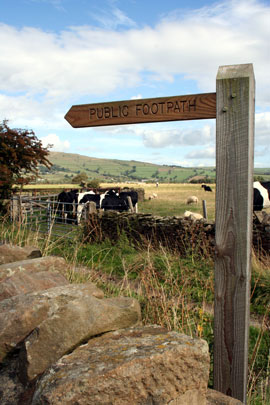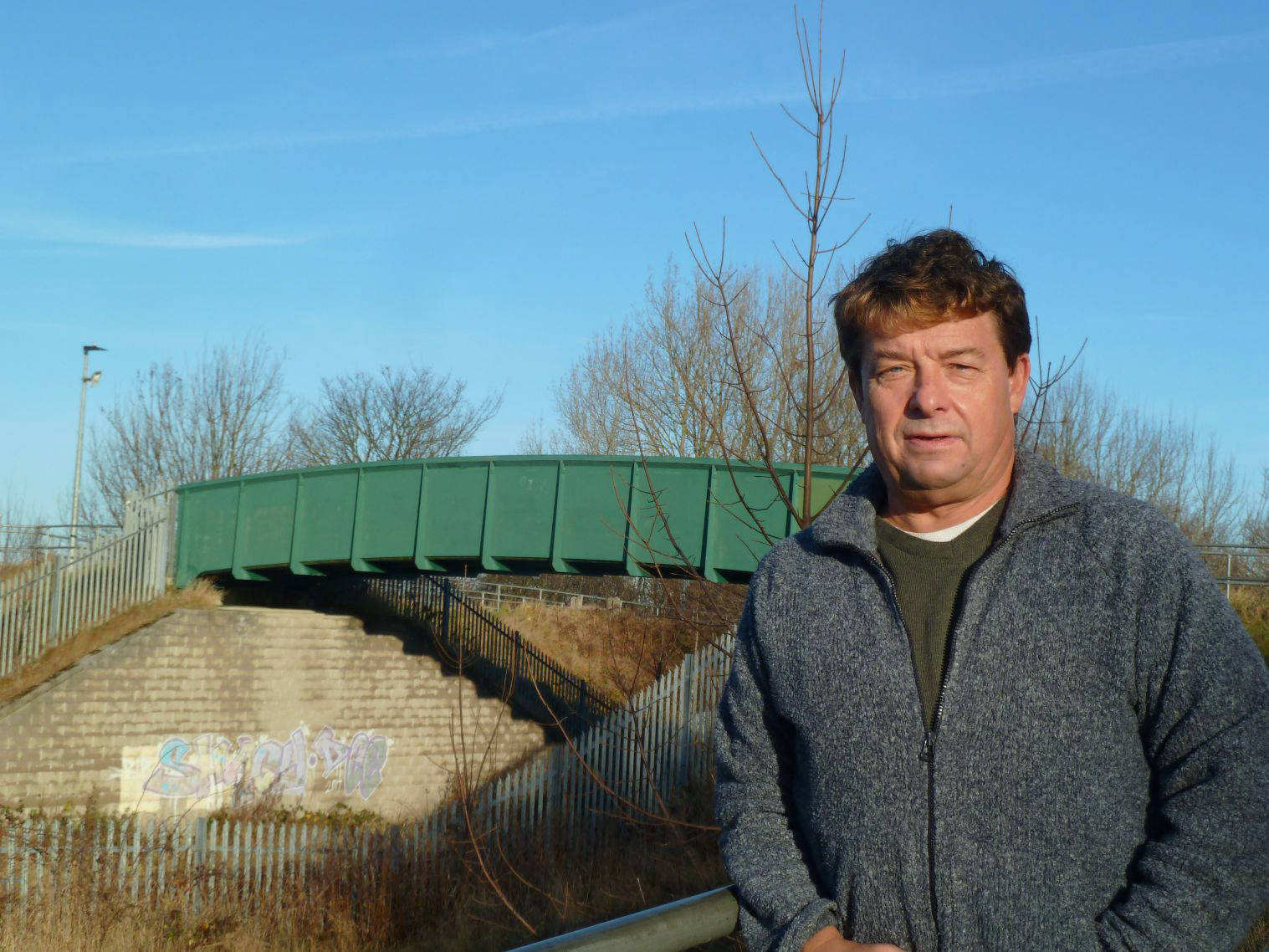 New proposals to modernise the process of recording rights of way, developed in consultation with groups such as the Ramblers and Country Land and Business Association, have been unveiled by Environment Minister, Richard Benyon.
New proposals to modernise the process of recording rights of way, developed in consultation with groups such as the Ramblers and Country Land and Business Association, have been unveiled by Environment Minister, Richard Benyon.
Plans are expected to cut the time taken to record a right of way by as much as several years, so that routes set to be lost in 2026 can be preserved. All unrecorded footpaths and bridleways created before 1949 cannot be recorded after 1 January 2026. This ‘cut off’ date by which to claim these historical rights of way was set in the Countryside and Rights of Way Act 2000.
As well as making it easier for walkers, horse riders and cyclists to protect unrecorded rights of way, the proposed system is expected to save almost £20 million a year by cutting needless bureaucracy.
No changes are being made to the protections for rights of way; rather proposals have been made to make the process of recording or changing them more efficient.
Landowners’ applications to move a right of way will continue to be approved only if they do not affect the public’s enjoyment of it, in which case it will be more straightforward for landowners to see them through.
Under logical new plans, paths and trails that are used by the public will be easier to protect, whilst redundant routes and unsubstantiated rights of way claims will be prevented from getting in the way of farming and business interests.
Environment Minister, Richard Benyon said:
Footpaths, bridleways and trails are the life-blood for many rural communities, providing access to our world-renowned landscapes. Our changes will help protect access for the thousands of people who walk, ride and cycle in the countryside every week.
Protecting and improving access to the countryside is the latest in a programme of Government measures to grow the rural economy. These routes have huge benefits to the health and wellbeing of those that use them and can help stimulate the local economy, bringing in more visitors to enjoy rural areas.
A £2 million grant fund has opened for applications from local communities today to improve access to rural areas in ways that will grow the regional economy.
The Paths for Communities initiative is part of the Government’s £165 million Rural Economy Growth Review announced in November 2011. Local volunteer groups are invited to bid for funding to create new rights of way or increase the accessibility of existing ones. This may include making rights of way accessible for horses and bikes, improving way marking, creating maps and making better links with local transport services and tourist destinations.
The proposals in the rights of way consultation are based on recommendations from a Stakeholder Working Group, which issued the following statement:
We welcome this consultation package, which builds on the Stakeholder Working Group recommendations, and are keen to continue to work constructively with the Government throughout the consultation and implementation process.
Andrew Willoughby of the Harrogate and Knaresborough ramblers associated commented:
As Ramblers footpath secretary for Harrogate and Knaresborough I will now have to study this legislation in detail.
But legislation is not the problem. There are big problems with public rights of way, and we need action to improve the thousands of paths obstructed by fences, crops and lots of other obstructions.
Putting time and money into this legislation does not overcome the real problem of obstructed paths, which is due to a lack of commitment and funds at County Council level, not due to legislation.






